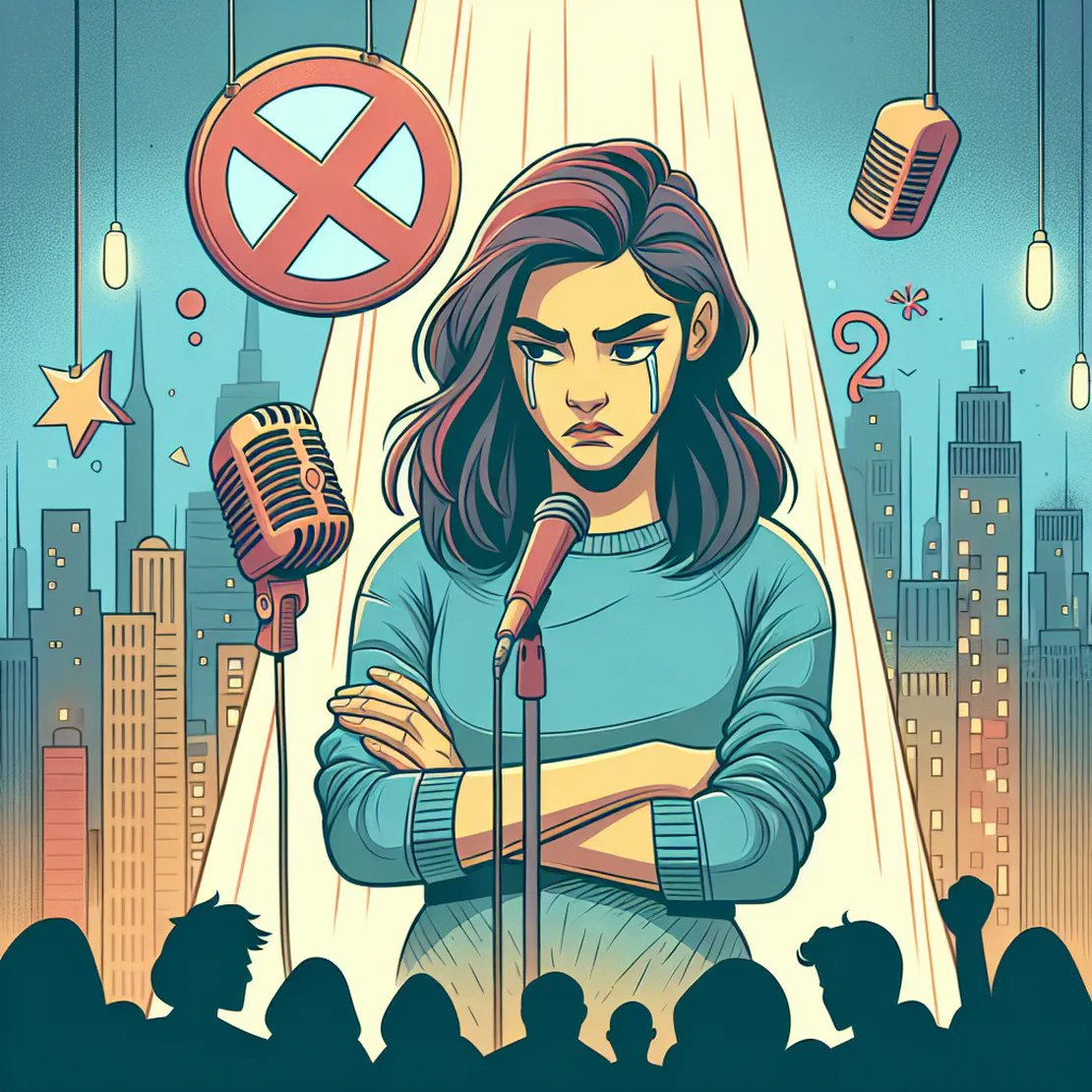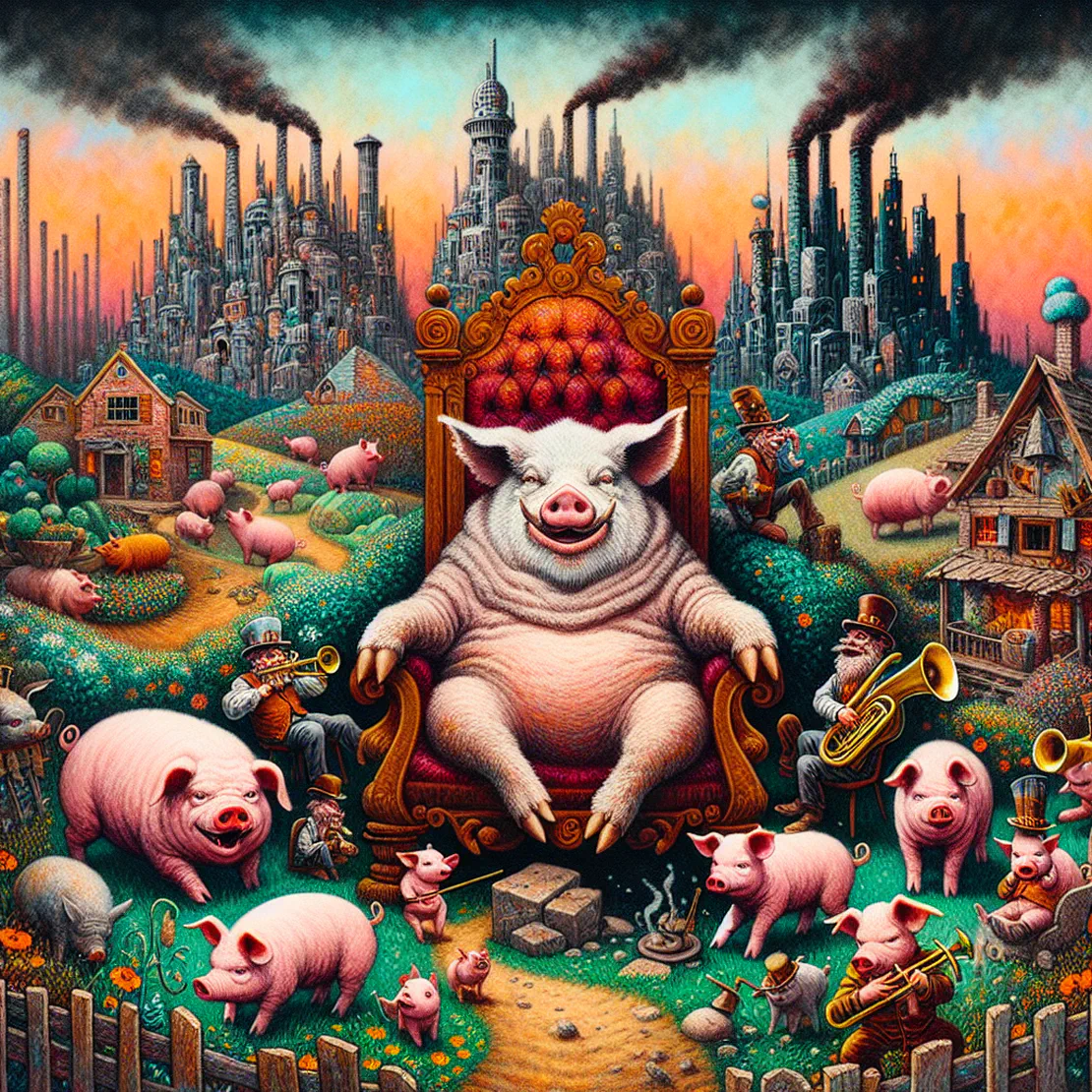
#1203 - Eric Weinstein
- The Joe Rogan Experience
- Education , Technology , Health , Environment , Politics
- November 15, 2018
Table of Contents
At a Glance
-
Twitter’s Controversial Plans - “We are rethinking everything about the service to ensure we are incentivizing healthy conversation that includes the like button.” This statement marks Twitter’s attempt to improve the quality of debate on their platform, sparking controversy and criticism.
-
Anonymity and Online Behavior - “People interact with each other because they’re anonymous… it’s fun.” The host makes an astute observation about why people engage in anonymous online interactions, suggesting that removing anonymity might not necessarily improve the quality of debate.
-
Censorship and Free Speech - “I have more of a risk because the things that I’m saying – You’re also recognized intellectual and very left-wing.” The guest highlights the potential for censorship against individuals who hold unpopular or progressive views, sparking a discussion about free speech and online moderation.
-
The ‘International Dork Web’ Joke - “You don’t want to coin it… International dork web. Yeah, that’s what I call it.” A lighthearted moment where the host and guest share a humorous nickname for the podcast’s target audience.
-
Biology and Understanding Human Behavior - “If you really understand biology, the world is so dark and so interesting and beautiful and crazy that it’s very hard to recover simple ideas about how people should be.” Discussing the profound impact of biology on human behavior and perception.
What to Do
-
‘Embrace adversity and challenges’ - Facing adversity and challenges can help you learn about yourself and grow as a person. It can also lead to a sense of accomplishment and pride.
-
‘Value community and support’ - Building a sense of community and support with others can help you navigate difficult situations and provide a sense of belonging and connection.
-
‘Don’t be afraid to engage in debates and discussions’ - Engaging in debates and discussions can help you sharpen your ideas, challenge your beliefs, and gain a deeper understanding of different perspectives.
-
‘Celebrate reasonable conversations and understanding’ - Fostering reasonable conversations and understanding of others’ perspectives can lead to better social education and empathy towards others.
-
‘Learn from adversity and challenges’ - Adversity and challenges can teach you valuable lessons about yourself, your resilience, and your ability to overcome obstacles.
What to Get
-
Twitter account - Create a profile with a pseudonym, use humor and lightheartedness to blend in
-
Cuttlefish - To mimic the shape and texture of their skin for camouflage
-
Octopus - Known for their intelligence and regenerative abilities
-
Newts and salamanders - Studied for their high regenerative capabilities
-
Monkeys - Had a successful head transplant in the early 70s
-
Chimps - Have raiding parties and can communicate
-
African wild dogs - Good at organizing contests in teams
-
Victoria’s Secret lingerie - Exploited for the male gaze, but also can empower women to feel attractive
Summary
This podcast episode delves into a thought-provoking conversation about social media, free speech, and online discourse. The hosts, along with their guest Eric Weinstein (a mathematician and science communicator), engage in a lively discussion that touches on the complexities of modern internet interactions.
One of the most interesting aspects of this episode is the group’s debate on Twitter’s decision to potentially remove the “like” button as a way to promote more nuanced online discussions. Eric Weinstein shares his concerns about the limitations of social media platforms in policing online behavior, highlighting how people often feel emboldened to express themselves anonymously. He suggests that this dynamic can lead to a proliferation of inflammatory content, which may be why some users fear being “canceled” or having their accounts suspended.
The conversation also explores the tension between free speech and moderation on social media platforms. Eric Weinstein posits that those who present logical, well-reasoned arguments might actually face greater scrutiny from online censors, precisely because they challenge prevailing ideologies. This line of thinking sparks a humorous exchange about the “dark web” (or rather, the ineffectual dork web), highlighting the absurdities of online discourse.
Throughout the conversation, Eric Weinstein promotes his various online presences on Twitter, Instagram, and YouTube, inviting listeners to follow him on these platforms. While this might seem like an innocuous aside, it underscores the episode’s theme: how social media influencers navigate the ever-changing landscape of online engagement.
Ultimately, this podcast episode presents a nuanced exploration of modern internet culture, touching on issues like free speech, censorship, and online discourse. The conversation is both thought-provoking and entertaining, making for an engaging listen.


